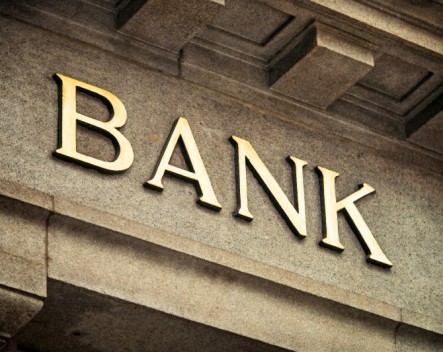
In Australia, we live in what I call a ‘high trust’ society. We tend to take people at their word.
For example, imagine you are at a social gathering where you do not know anyone. Someone asks you “What do you do for a living?”
You could say, “I am an airline pilot with Virgin Australia” and most people will accept what you say immediately. In fact, you could make almost anything up!
This model will, of course, fail immediately if the person you are talking with says, “I am too, which route do you fly?” or if they know someone in the room who is also a pilot.
The lesson here is, in Australia and many Western countries, people tend to trust first and ask questions later. In most of the rest of world, however, business is transacted in a low trust environment where trust must first be earned, sometimes with every call you make.
We work with those we trust to solve our problems
If I want someone to make a buying decision with me, I need them to trust that what I say will happen when they buy my product or service. The bigger the decision, the larger the level of trust required.
Trust comes in three stages:
Stage one: This is a good person
I was talking with an older person just listening to their stories. After a while, out of the blue, she said, “Greg, you are a good boy.” I was so surprised, I said, “Why don’t you put that in writing”, which she did. I now have a signed piece of paper, which I treasure, stating: “Greg is a good boy.”
Getting to the point where someone thinks you are a good person is just a matter of listening while asking open, reflecting and probing questions. The fact you take the time to listen tells the other person you are someone they can trust.
Stage two: This person has good ideas
A fellow business coach asked for a minute of time to discuss a client of theirs they were having trouble with.
At the end of this discussion, she said: “Greg, you always have great ideas. Do you mind if I use you on an ongoing basis?”
All I had done was listen to the problem and reflected ideas back in the same format as she stated them.
For example, she said: “The person I am coaching has achieved all the goals we set out to achieve. I do not know where to go from here.”
“Have you reset the goals in light of the way the person has developed?” I asked.
What I did was reflect back her words in a new way. While this was not rocket science, it did give her an ‘a-ha moment’ and cemented in her mind that I have good ideas and moved me to the next level of trust.
Stage three: This person can do what they say they can do
“You can change all that COBOL into JAVA using an automated tool?” one incredulous programmer asked me. I could see this multimillion dollar project was going nowhere despite the level of trust we had developed.
I asked: “John, if I can show you this working will you authorise a pilot program?”
What John wanted was evidence for himself and others of his team that I was a trustworthy person. We set up the demonstration and won the pilot program. They believed because we showed we could do what we promised on a small scale, then a large scale.
Your trust bank account
When you meet someone for the first time you automatically open a ‘trust bank account’ with a small, but positive, balance.
- Every time you promise to deliver a result (to get more, to save more, to look good, to feel good, to eliminate pain, or to be loved) and you do it, you add to your trust bank account.
- Every time you fail you make a withdrawal.
Can you be trusted before you can prove it? Yes, in most situations people will take you at face value. When it comes to decision that will impact their business or life you can be sure it will only be made when you trust bank balance is substantial.
Today’s question and actions:
This week, when you meet with your clients ask this simple question: “How could purchasing this product or service change the way you do business?”
You may be surprised by the answer. What are you doing to make deposits into your trust bank account?
- Every time you make a promise, no matter how small, if you do not deliver it counts as a withdrawal.
- Send an unexpected handwritten card or thank-you note and you add to your trust account.
- Do you listen attentively?
- Do you share ideas?
Nothing will establish trust and increase sales better than becoming an expert in asking the right questions, following up with ideas and showing how these ideas work with other organisations.
Email me to set up a time to talk about opening a trust account with your team.
Have a great week!
Reprint permission: Permission is granted to reprint this article with the condition it is republished unedited and in full with full attribution to the author and the authors bio. Please provide a link to the reprint to the following email; greg.ferrett@exceptionalsales.com.au


COMMENTS
SmartCompany is committed to hosting lively discussions. Help us keep the conversation useful, interesting and welcoming. We aim to publish comments quickly in the interest of promoting robust conversation, but we’re a small team and we deploy filters to protect against legal risk. Occasionally your comment may be held up while it is being reviewed, but we’re working as fast as we can to keep the conversation rolling.
The SmartCompany comment section is members-only content. Please subscribe to leave a comment.
The SmartCompany comment section is members-only content. Please login to leave a comment.